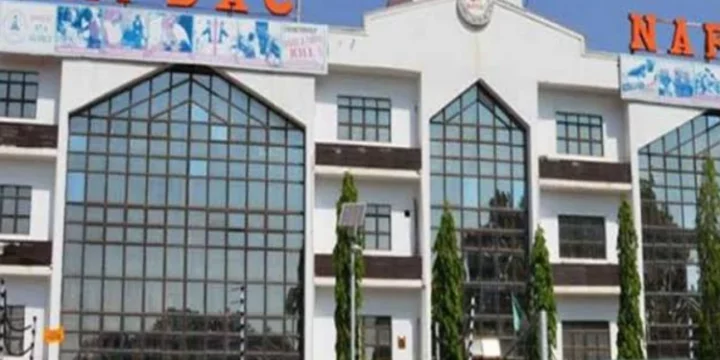
The World Health Organization (WHO) has issued an urgent medical product alert regarding falsified semaglutides, a class of medications used primarily in the treatment of type 2 diabetes and, increasingly, for weight management.
This alert comes after the National Agency for Food and Drugs Administration Control (NAFDAC) issued an alert on the circulation of fake Ozempic pens in Nigeria.
The alert identifies three specific falsified batches of semaglutide products branded as Ozempic, which were discovered in Brazil, the United Kingdom, and the United States.
This announcement marks the first official notice by WHO following increased reports of counterfeit semaglutide products across various regions since 2022.
The rising demand for semaglutide medicines
"WHO advises healthcare professionals, regulatory authorities, and the public to be vigilant regarding these falsified batches of medicines," stated Dr. Yukiko Nakatani, WHO Assistant Director-General for Access to Medicines and Health Products.
The Interesting Things About Pha Din Pass, Dien Bien That Just A Few People Know
"We call on stakeholders to discontinue any usage of suspicious medicines and report them to the relevant authorities."
Semaglutides, including Ozempic, are widely prescribed to manage blood sugar levels in individuals with type 2 diabetes and to reduce the risk of cardiovascular events.
These medications, typically administered via weekly subcutaneous injections or daily oral tablets, have also gained popularity for their appetite-suppressing properties, leading to increased prescriptions for weight loss.
The surging demand for semaglutides has coincided with a troubling rise in falsified products.
These counterfeit medications pose significant health risks, as they may lack the essential active ingredients required for managing blood glucose levels or weight, potentially leading to severe health complications.
Additionally, some falsified products may contain undeclared active substances, such as insulin, which can result in unpredictable and dangerous health outcomes.
The Nigerian situation
In Nigeria, the issue of falsified medications is a longstanding concern, exacerbated by regulatory challenges and supply chain vulnerabilities.
The National Agency for Food and Drug Administration and Control (NAFDAC) alerted the public to the circulation of falsely labelled Ozempic pens within the country in January 2024.
The falsified semaglutides identified by WHO add to the growing list of counterfeit drugs that have infiltrated the Nigerian market, where the high cost and limited availability of legitimate medications often drive consumers towards more affordable, yet potentially dangerous, alternatives.
What you should know
Semaglutides are not currently part of WHO's recommended treatments for diabetes management, primarily due to their high cost, which makes them inaccessible for widespread use in resource-limited settings.
WHO advocates for the adoption of more affordable diabetes treatments that offer similar benefits in terms of blood sugar control and cardiovascular risk reduction.
WHO is also developing a rapid advice guideline on the potential use of GLP-1 receptor agonists (GLP-1 RAs), including semaglutides, for treating obesity in adults as part of a comprehensive care model.
GLP-1 RAs, such as semaglutides, represent a promising class of medications for both diabetes management and weight loss, but their high cost remains a significant barrier to broader implementation.

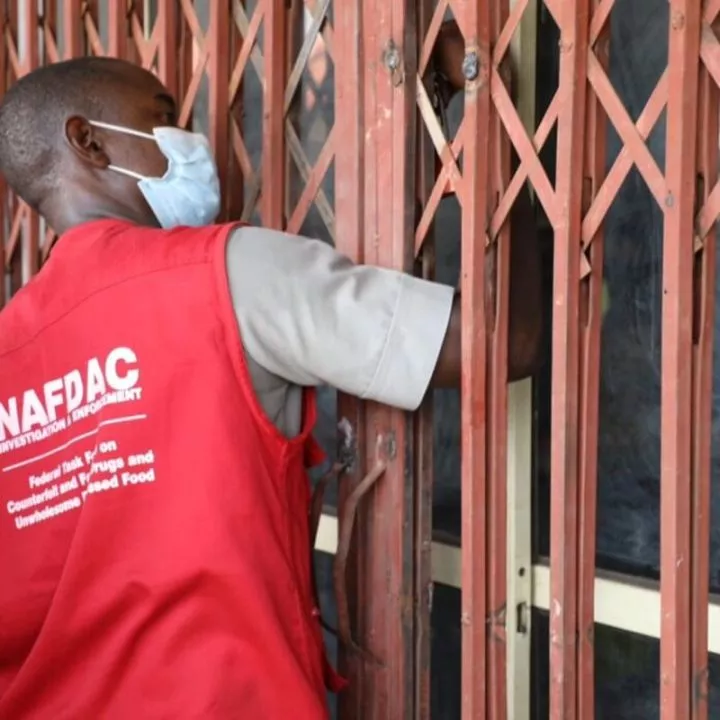

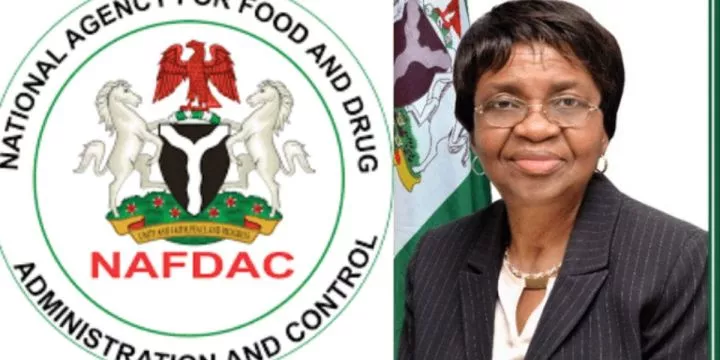


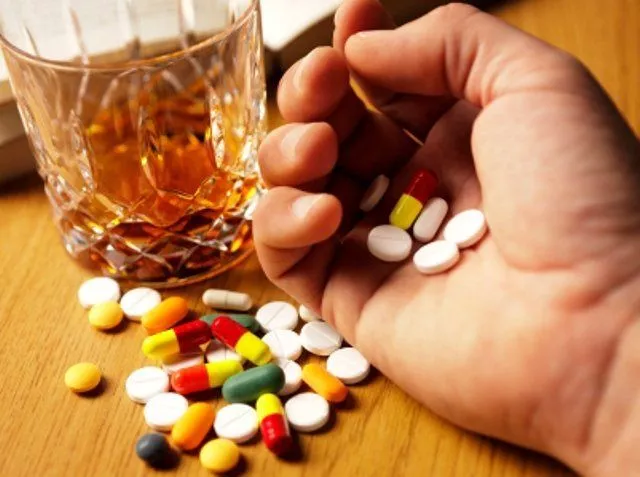

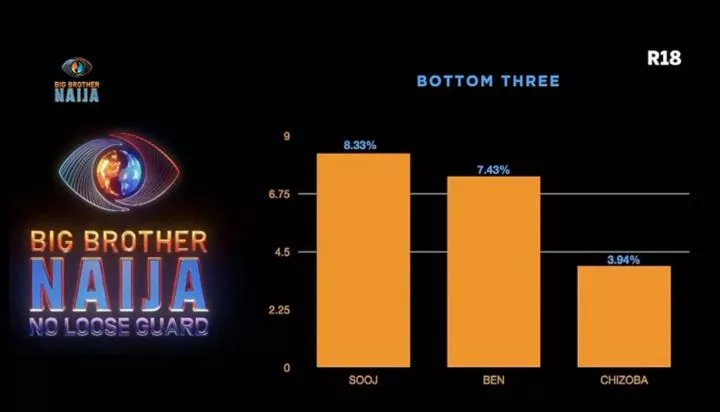








Comments